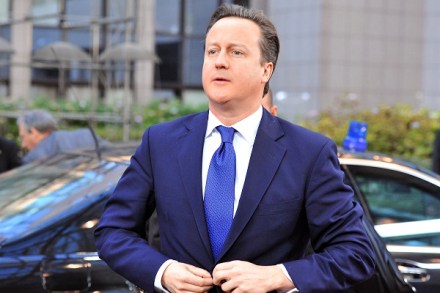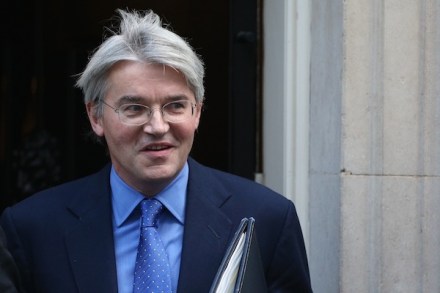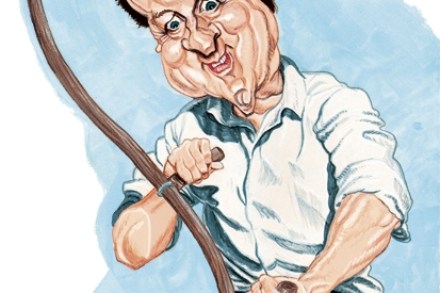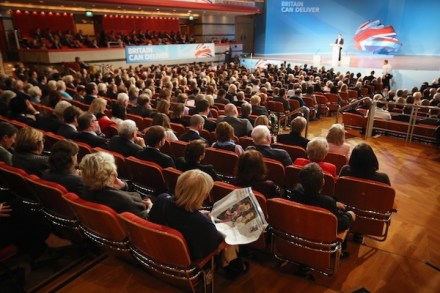David Cameron’s tricky position on the Leveson Report
Politics is gearing up for the publication of the Leveson Report next Thursday. It was telling that when Boris Johnson picked up politician of the year at The Spectator Parliamentarian of the Year awards, he didn’t use the occasion to list of his achievements in London or to reminisce about the Olympics but rather took the opportunity to decry the possibility of statutory regulation of the press. On the other side is Ed Miliband, whose party is committed to backing whatever Leveson comes up with. It is unclear yet what Nick Clegg and the Liberal Democrats will do. But there are a large chunk of Tory MPs who appear to





















